Technology Transfer: a Collaborative Approach to Improve Global Health
Date
9 March 2011
Time
10.00 to 12.30
Location
Centre de Conférences Varembé (CCV)
Attendance
This event has now passed. To browse our upcoming events click here.
The first Geneva Pharma Forum of 2011 took place in Geneva on 9 March and was dedicated to transfer of technology. In the field of pharmaceuticals, transferring technology is one of the most innovative and sustainable ways to bridge research and development gaps and to increase the availability of vaccines and medicines. The importance of transferring technologies for medicines is recognized in the Global Strategy and Plan of Action on Public Health, Innovation and Intellectual Property Rights of the World Health Organization (WHO).
At the event, the IFPMA has launched its publication “Technology Transfer: a Collaborative Approach to Improve Global Health, the Research-Based Pharmaceutical Industry Experience”. It documents more than 50 case studies and draws conclusions and recommendations from industry’s 20 years of experience in this field
More than 70 participants attended the event. Speakers included Dr. Zafar Mirza from WHO, Dr. Patrizia Carlevaro from Eli-Lilly, and Dr. Antonio De Padua Barbosa from BioManguinhos-Fiocruz. Mr. William New, IP Watch’s editor-in-chief moderated the debate.
Program
Welcome
Mr. Eduardo Pisani / Director General, IFPMA
Setting the Scene:
Technology Transfer for Health
Dr. Zafar Mirza / Advisor, Public Health,
Innovation, and IP, WHO
Video Message
Dr. Victor Konde / Scientifi c Affairs Offi cer, ICT,
Science and Techno logy Division, United Nations
Economic Commission for Africa (UNECA)
The IFPMA Members’ Experience
in Transferring Technology
Dr. Patrizia Carlevaro / Head of International
Aid Unit, Eli Lilly and Company
A Benefi ciary’s Experience
Dr. Antonio de Pádua Barbosa /
Director of Production Bio-Manguinhos, Fiocruz
Coffee Break
Facilitated Panel Discussion
Conclusion
Speakers

William New is Director and Editor-in-Chief of Intellectual Property Watch, a highly
regarded independent reporting service based in Geneva, Switzerland. Intellectual
Property Watch covers international policymaking relating to IPR, innovation, trade,
public health, food security, internet governance, environment and a range of other
issues. Previously, he was a senior writer for Washington-based National Journal
Group, including Technology Daily and CongressDaily, and a senior reporter at
Washington-based Inside U.S. Trade and managing editor of Americas Trade. Earlier
in his career, William worked at the Georgetown University School of Foreign Service,
following a national MBA fellowship in public policy at Georgetown. William frequently
chairs or speaks on panels, and expert appearances on television and radio have
included CNBC, National Public Radio, and C-SPAN’s Washington Journal. William
holds an MA in Latin American Economics and Political Science, and an international
MBA from the University of New Mexico, as well as a BA in Literature from Oberlin
College.
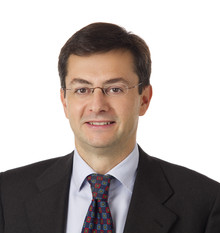
Mr. Pisani became Director General of the IFPMA at the end of 2009. He came to the
IFPMA from Bristol-Myers Squibb, a company he joined in 2001, and in which he had
risen to the position of Vice-President, International Policy and Government Affairs.
During his time at BMS, Mr. Pisani contributed to the development of policy initiatives at
a European level in major disease areas like infectious diseases and mental health, as
well as to industry work on the value of medicines. He also established the first crosssectoral
industry advocacy group on healthcare policy in Brussels, under the aegis of
the American Chamber of Commerce to the EU.
Prior to that, Mr. Pisani held positions as legal counsel at Immuno AG in Belgium and
Austria, at Baxter Healthcare in Belgium and Italy, and in European Policy and
Government Affairs at Adamson Associates and SmithKline Beecham in Belgium. He
started his career in 1989, in the marketing department of Lederle France.
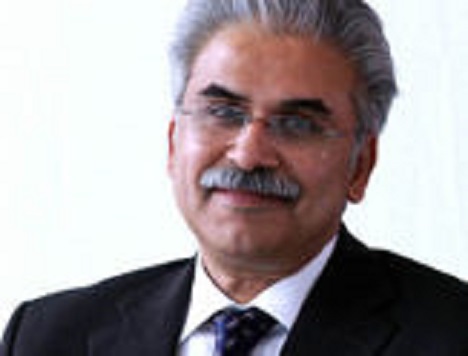
Dr. Zafar Mirza is a medical doctor with a post-graduation specialization in public
health, focusing on pharmaceutical policies in developing countries. Currently he works
at the World Health Organization at its headquarters in Geneva as Coordinator of the
Department of Public Health, Innovation and Intellectual Property. The main work of
this department is to coordinate the implementation of Global Strategy and Plan of
Action on Public Health, Innovation and Intellectual Property. Before assuming this
important office, he served as a Regional Adviser for Essential Medicines and
Pharmaceutical Policies in the East Mediterranean Regional Office of WHO based in
Cairo, where he was responsible for 22 countries in his area of work. For 12 years
before joining WHO, he was a founding Executive Director of a civil society
organization in Pakistan, The Network for Consumer Protection. He is a well-travelled
Pakistani national, who has made extensive written contributions at national and
international level.
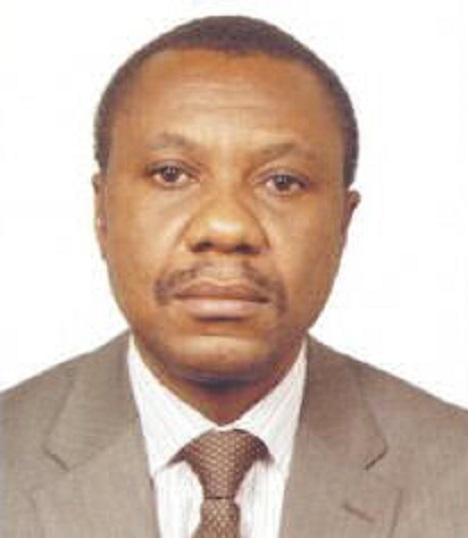
Victor Konde is a Scientific Affairs Officer with the United Nations Economic
Commission for Africa (UNECA). He holds a PhD in Biochemistry and is a PostDoctoral
alumnus of the Kennedy School of Government at Harvard University. He is
the founder of the African Technology Development Forum (ATDF,
Geneva/Switzerland), the ATDF Entrepreneurship Hub (Lusaka, Zambia) and the
Zambian Society for Biochemistry and Molecular Biology. He is a Fellow of the World
Academy of Arts and Science, a member of the International Advisory Panel of the
Combat Diseases of Poverty Consortium (CDPC, Ireland) and the managing-editor of
the ATDF Journal. Victor has over 20 years of post-graduate work experience in the
private and public sectors.
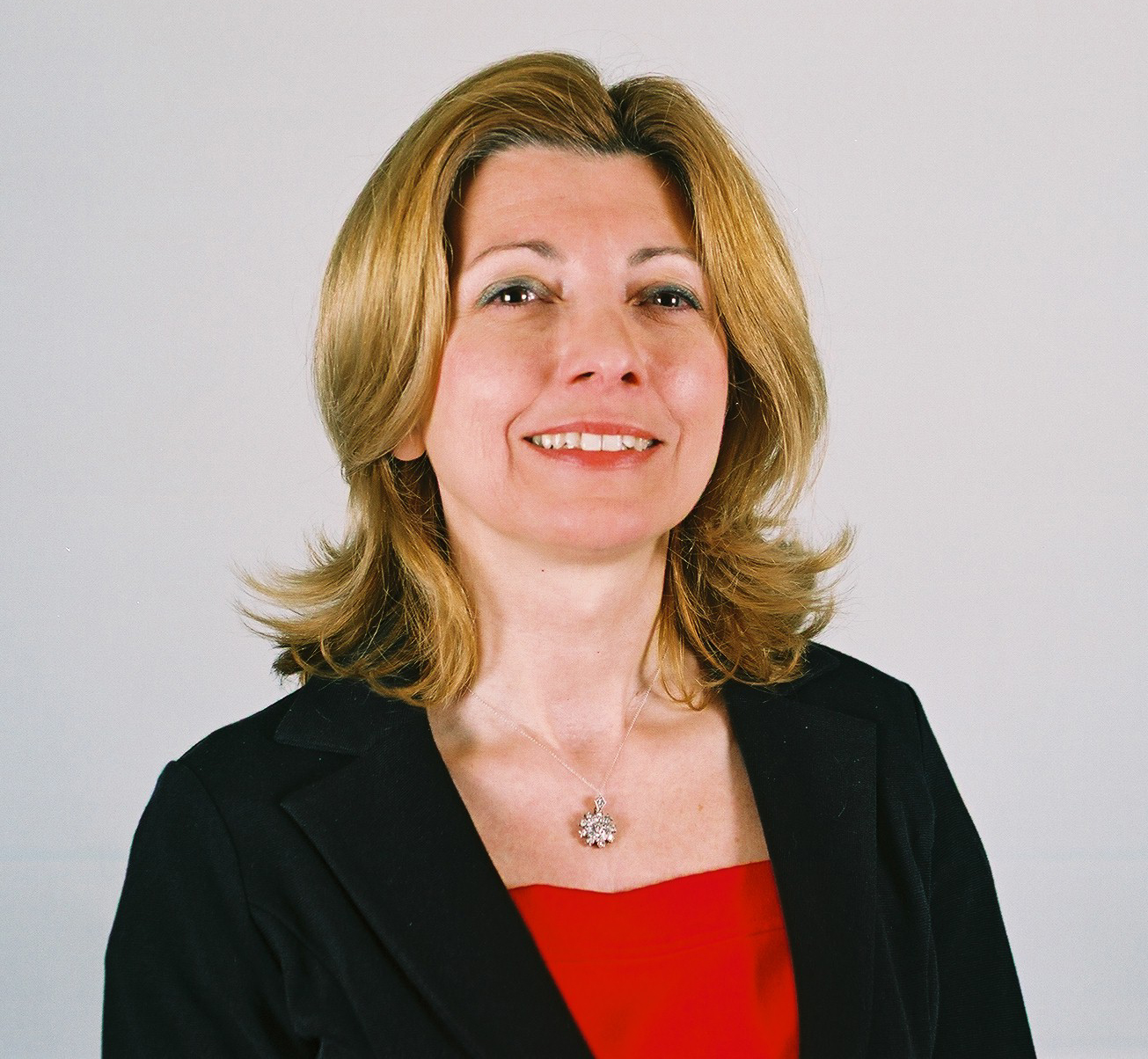
Dr. Patrizia Carlevaro is Head of the International Aid Unit at Eli Lilly and Company,
which provides guidance and support for Lilly’s corporate policies and initiatives on
health-related aid to developing nations. She is also Team Leader for The Lilly MDRTB
Partnership, the company’s signature CSR initiative, a member of the Lilly Bioethics
Committee, and is responsible for scientific relationships and partnerships with key
international institutions and NGOs in Geneva and throughout Europe. She is on the
Florence Nightingale International Foundation’s Board of Directors, has served on
various committees of the World Health Organization and chaired the IFPMA Public
Affairs Committee. Prior to joining Lilly, she was Head of the Essential Drugs Unit at
the U.N. Children’s Fund (UNICEF) in New York City. Prior to that, she worked with
Pierre Fabre Italy, a multinational pharmaceutical and cosmetics company, and the
U.N. Industrial Development Organization (UNIDO).
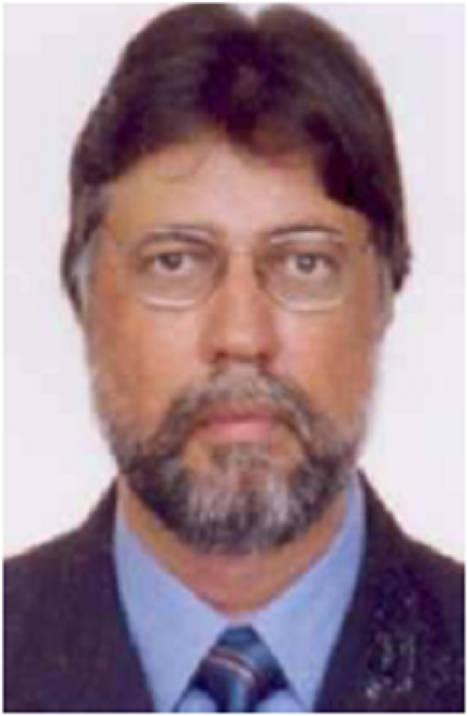
Dr. Barbosa has been Vice-Director at Bio-Manguinhos Production since 2006, and has
worked at Fiocruz since 1989, starting as head of the Bacterial Vaccines Fermentation
area. Prior to 1989, he worked on several biochemical and biological research projects
in the Biochemical Engineering Department at the Federal University of Rio de Janeiro.
He has a BSc in Chemical Engineering, an MSc in Chemical and Biochemical
Processes Technology and a D.Sc. in Technological Innovation and Management from
the Federal University of Rio de Janeiro. He also has a specialist degree in
microbiology from Buenos Aires University (Argentina). In 1991-1992, he did a vaccine
manufacturing training secondment at the Biken Research Institute for Microbial
Diseases, Osaka University, Japan. He is member of the board of Bio-Manguinhos.
Antonio Barbosa was responsible for the implementation of Hib vaccine production in
Bio-Manguinhos through a technology transfer agreement. He is also responsible for
the introduction of new products at Bio-Manguinhos, including Measles, Mumps and
Rubella vaccine, rotavirus vaccine, pneumococcal vaccine, as well as the
biopharmaceuticals erythropoietin and human recombinant interferon, plus in-vitro
diagnostic tests using immunochromatography – all products introduced through
technology transfer agreements.
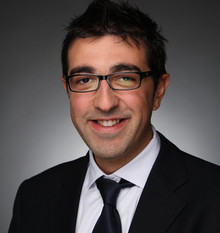
Mario Ottiglio is Associate Director, Public Affairs & Global Health Policy at the IFPMA
where he has been working since 2007 in positions of increasing responsibility. At
IFPMA, Mario leads on interactions with key stakeholders such as governments,
international organizations and civil society and coordinates IFPMA Members’ policy
positioning on current global health issues. Mario is also the IFPMA policy lead on the
WHO Global Strategy and Plan of Action for Public Health, Innovation and IP. Prior to
joining the IFPMA, Mario worked as a consultant, both for governments and private
firms.
An Italian national, Mario holds an MA in Political Sciences from the Naples Eastern
University.


